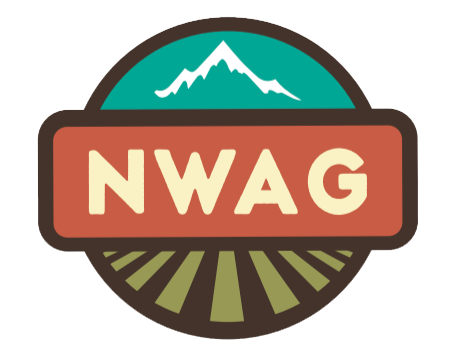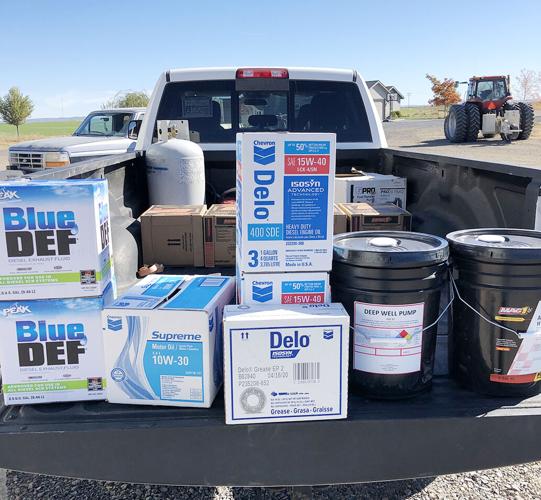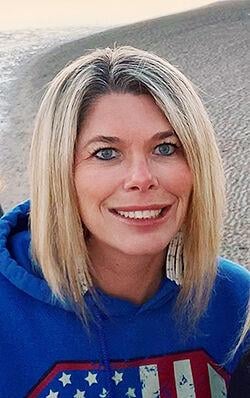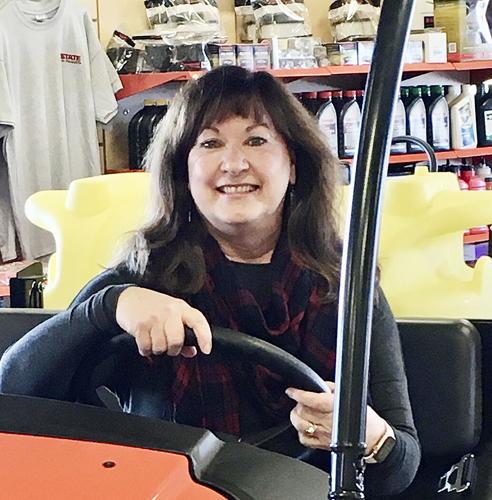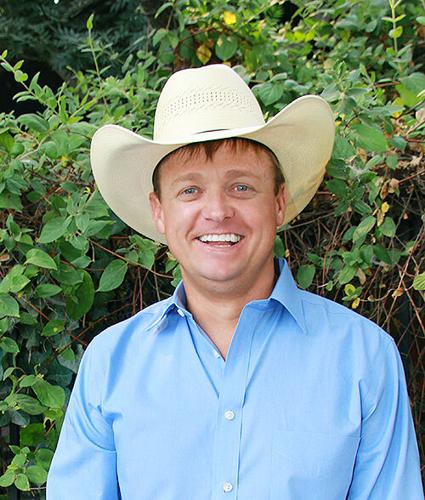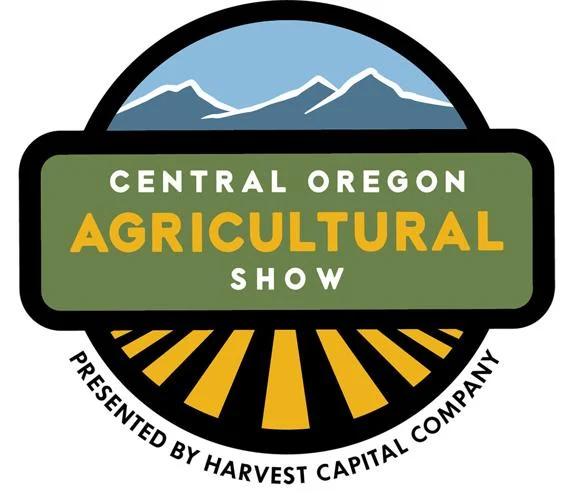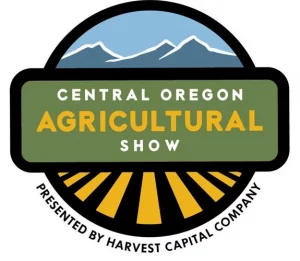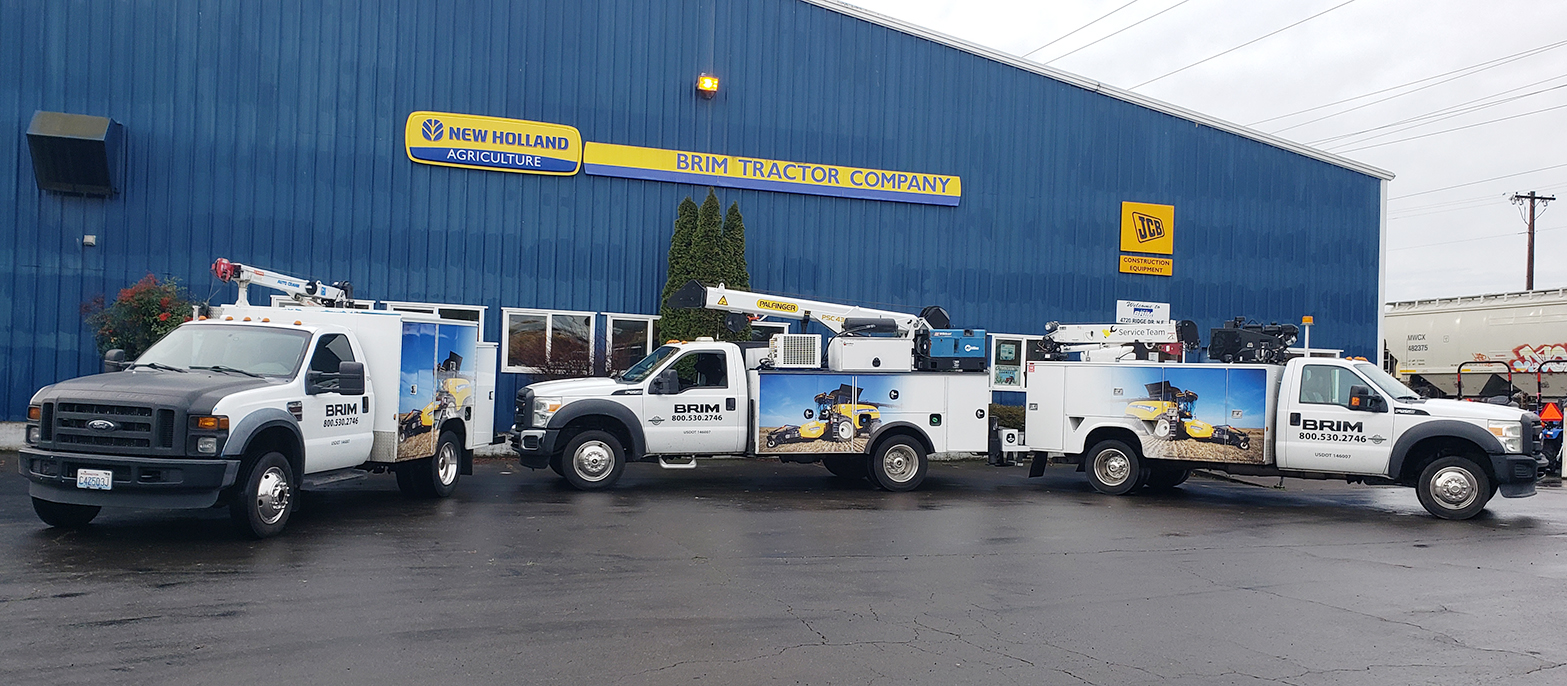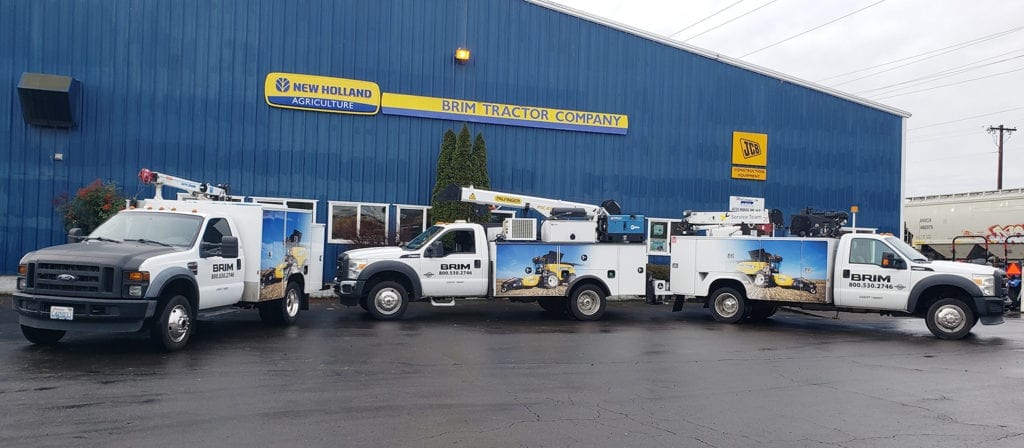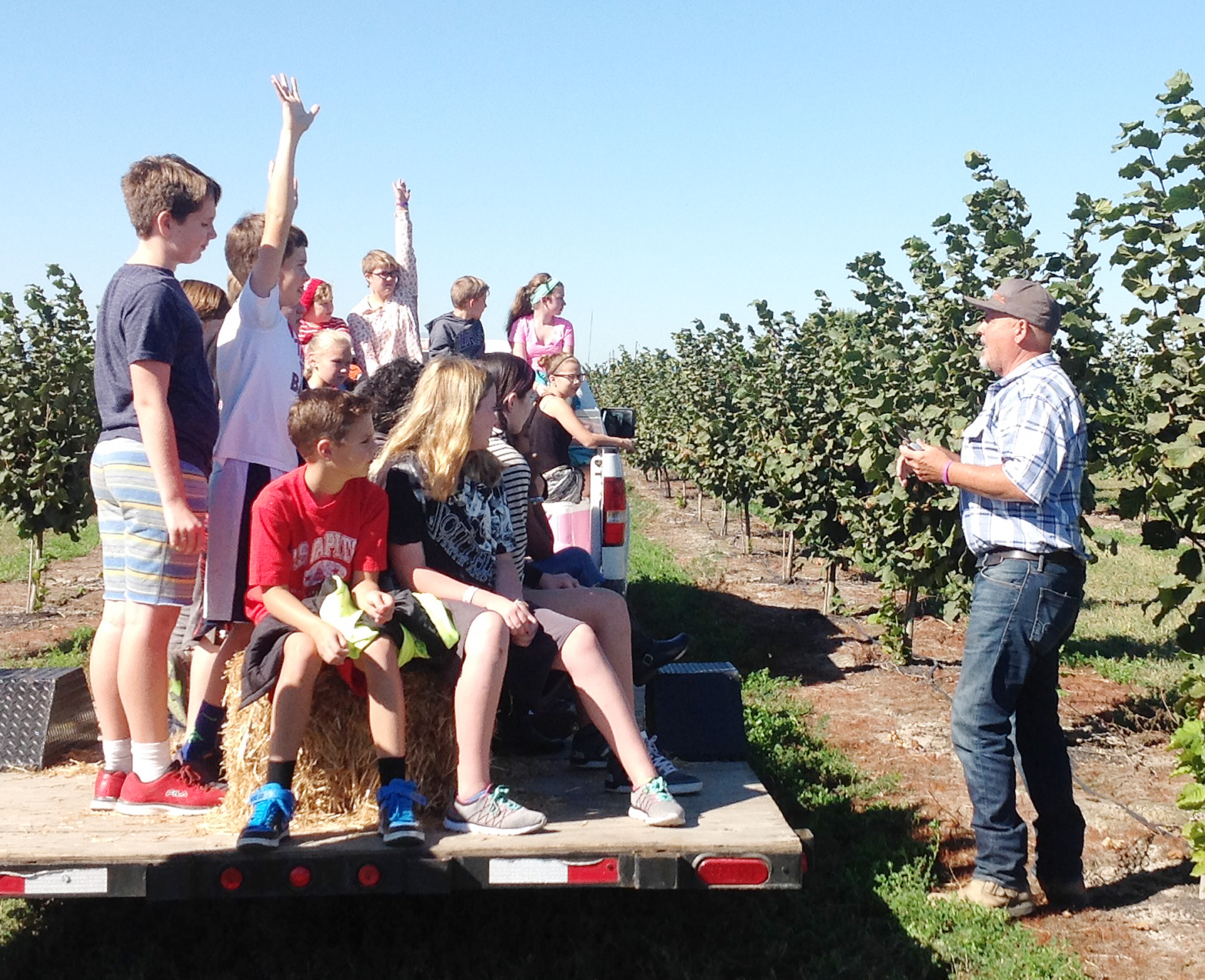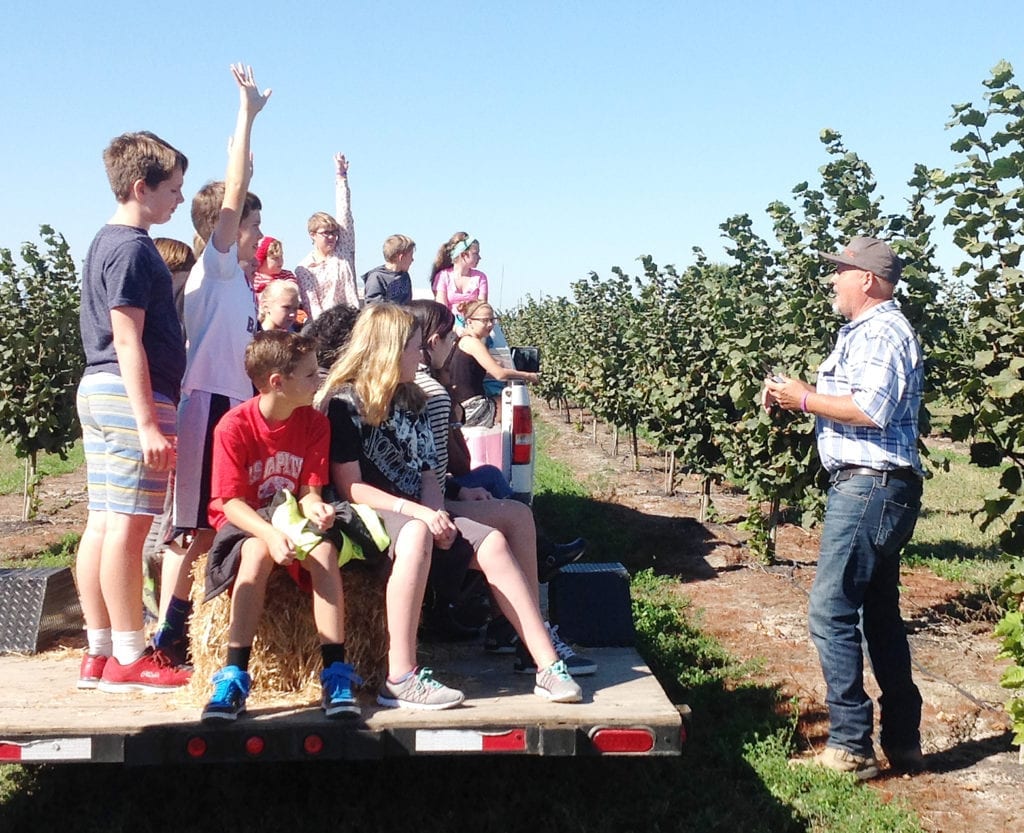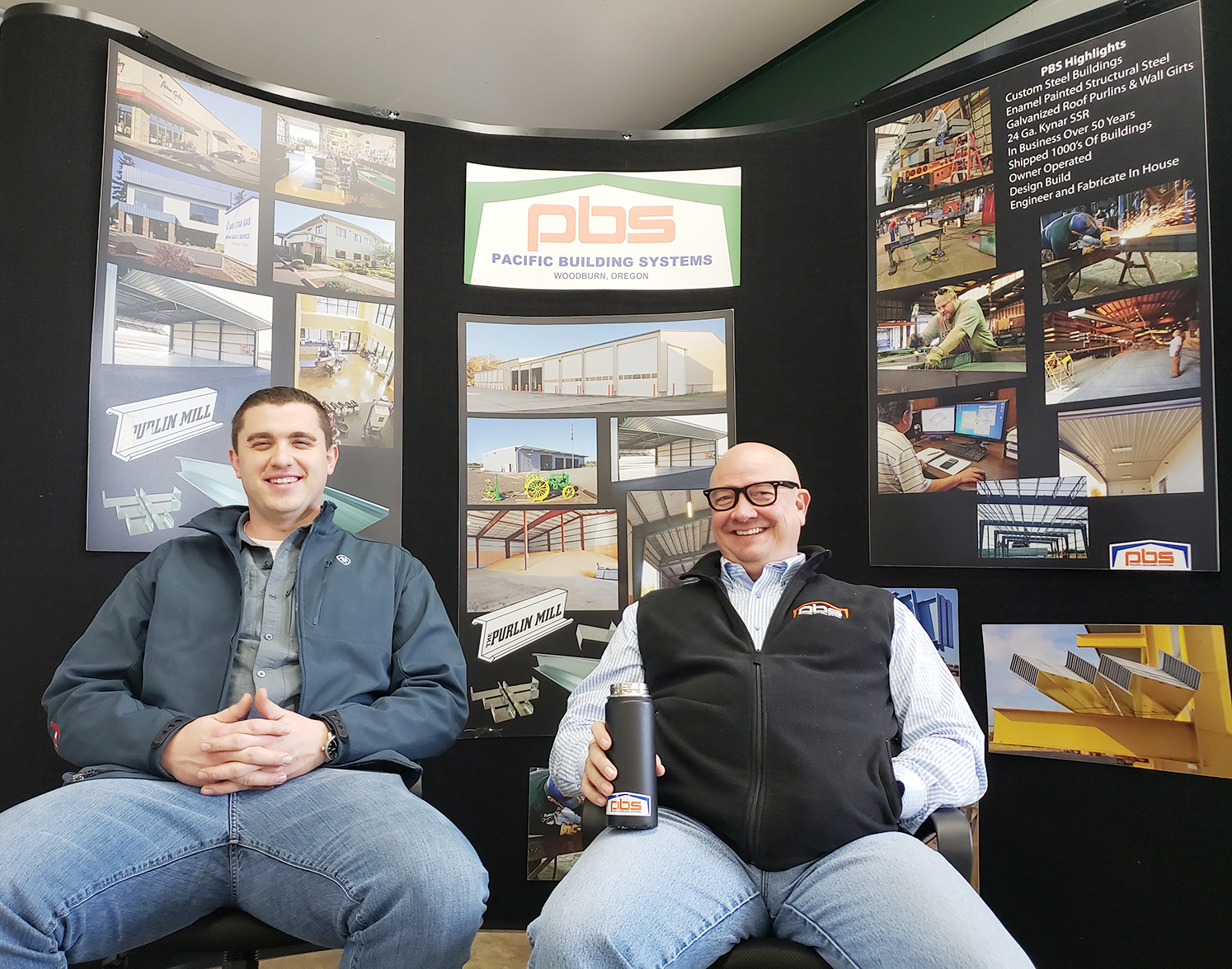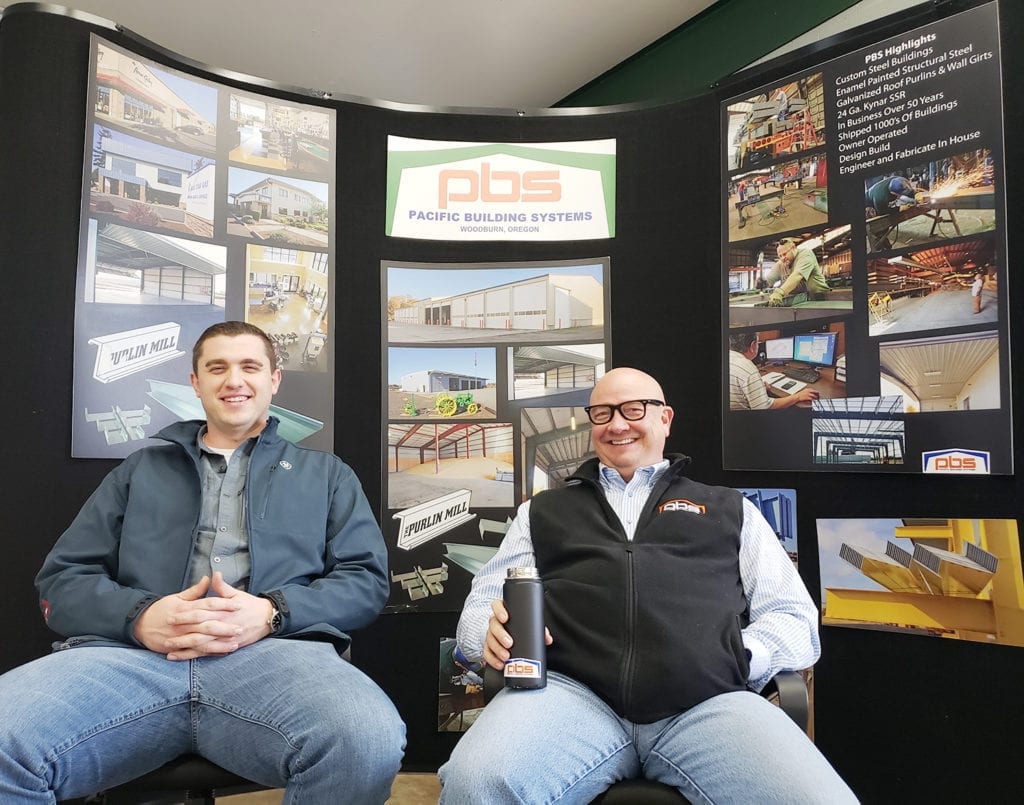High Desert Stampede: Bringing the best of rodeo to Central Oregon
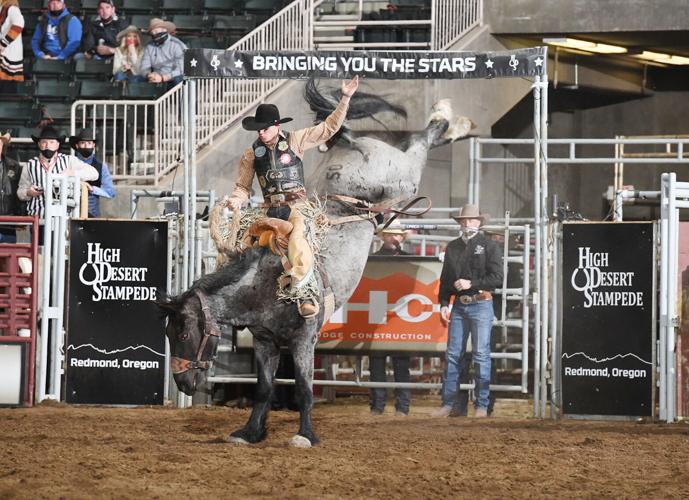
By BRENNA WIEGAND For the Capital Press | Mar 4, 2022
Unlike most rodeos, the High Desert Stampede has been operating as a start-up since its inception in 2015.
“Typical rodeos, especially PRCA rodeos, have long traditions going back 75 or 100 years, so to be young is very unusual,” High Desert Stampede Board Member Chad Morris said. “Our board of directors is composed of business owners, not necessarily rodeo athletes or those who came up in rodeo, and so we operate a little differently.”
For one thing, the Stampede takes its lead from the National Finals Rodeo by keeping side shows and specialty acts to a minimum.
“We focus on the athletes and the animal athletes that we’re bringing to town,” Morris said. “We feature them and get them into the arena one after the other as quickly as we can so that we’re entertaining and presenting the rodeo product more than trying to fill time.”
Always at the end of March, this year’s High Desert Stampede is March 23-26 at the Deschutes County Fair & Expo Center’s First Interstate Bank Center in Redmond.
Though they’ve been able to draw world champions with less money, the board is taking a bit of a gamble this year by adding $10,000 in prize money to each event. Combined with entry fees, the anticipated total payout will exceed $150,000.
“Last year we opened on Wednesday night with the Wrights out of Utah, who are in the national news regularly, and they went on to win a couple of national titles, so we have top-caliber athletes and top-caliber stock,” Morris said. “Our livestock budget alone is more than $90,000 so we’re doing everything we can to bring fans the best of the best on both sides.”
Central Oregon has a longstanding bareback tradition with local talent including Bobby Mote and Steven Peebles. Austin Foss is considered the latest in that lineage.
“We know Austin Foss is planning to attend the High Desert Stampede and expect to see other NFR qualifier names when entries open,” Morris said. “Our goal is to continue delivering a fast-paced, entertaining, family-friendly rodeo, with the best athletes and livestock we can bring to Central Oregon each year.”
The Central Oregon Agricultural Show at Deschutes County Fair & Expo March 26-27 will overlap with the Stampede on Saturday, so folks will be able to visit the Ag Show on their way to the rodeo.
“We strive to recognize and give a nod to the Western way of life that established Central Oregon, and I think the Ag Show is going to help us deliver on some of the community involvement that we were not expecting to see for several more years,” Morris said.
